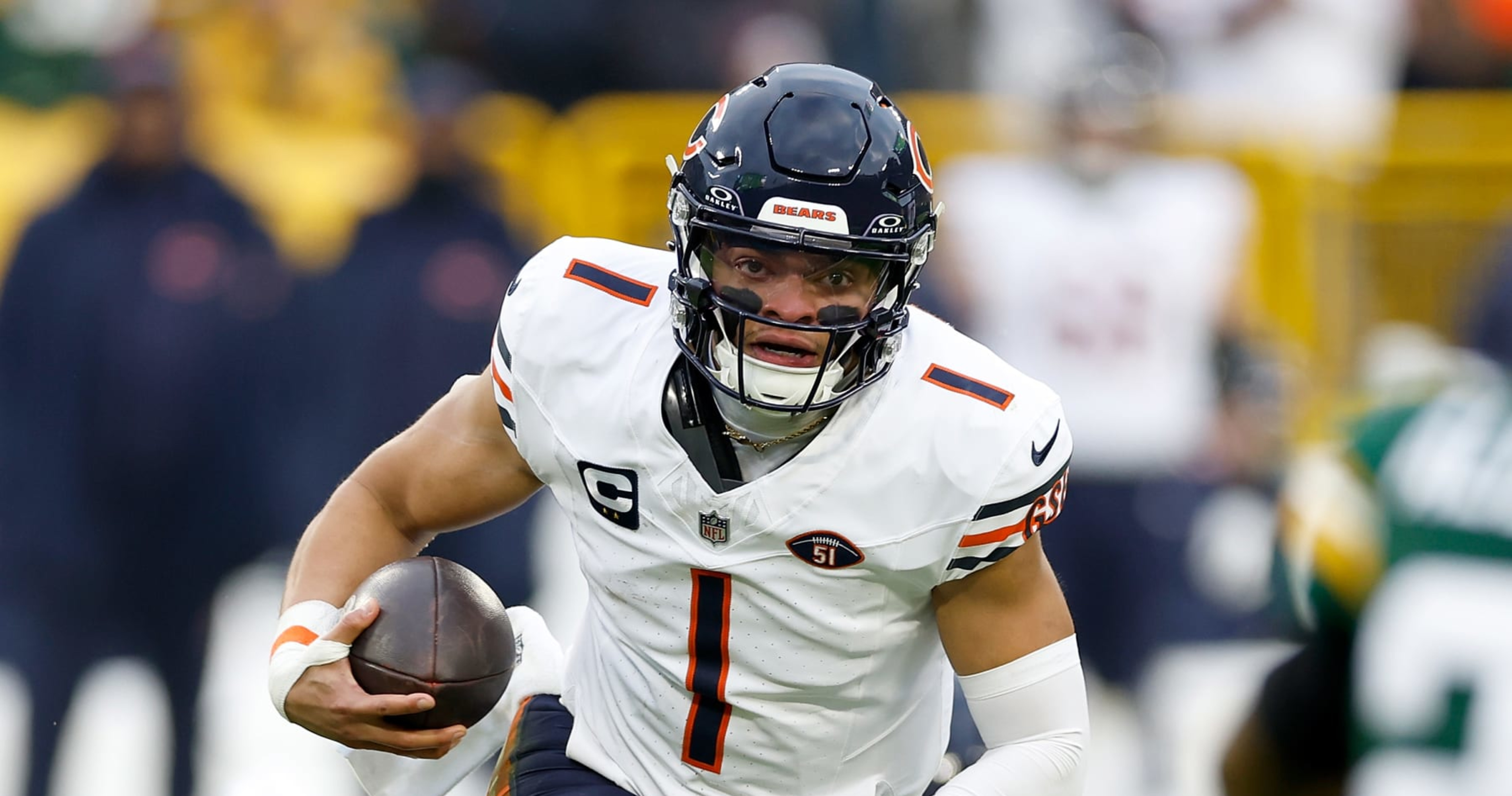However, there was another feasible option available, which the organization opted to disregard.
Kirk Cousins swiftly joined the Atlanta Falcons upon the commencement of free agency, leaving the starting position open in Minnesota. During this time, the Chicago Bears were still attempting to trade quarterback Justin Fields, realizing that securing a second-round return was unlikely.
Ultimately, the Bears traded Fields to the Pittsburgh Steelers for a conditional 2025 sixth-round pick, which could become a fourth-rounder if he plays a significant percentage of the team’s offensive snaps in 2024. Chicago accepted this minimal return partly because general manager Ryan Poles aimed to honor his commitment to “do right” by Fields.

This commitment translated to swiftly moving Fields to one of his preferred destinations, one of which was Pittsburgh, as reported by ESPN’s Brooke Pryor. Another potential destination was Minnesota.
It’s unclear if the Vikings initiated discussions with the Bears regarding a possible deal for Fields. However, it’s improbable that general manager Kwesi Adofo-Mensah and head coach Kevin O’Connell were unaware of Fields’ interest in Minnesota.
Acquiring Fields would have been complex for the Vikings, but the initial cost would likely have been lower than what they might spend on securing a quarterback in the upcoming NFL draft.
To secure Fields, Minnesota could have potentially outbid the Steelers’ offer by offering just a fifth-round pick, with conditions to elevate it to a fourth-rounder.
Instead, Minnesota traded two second-round picks and a sixth-round pick to the Houston Texans to acquire the No. 23 overall pick. This move suggests they intend to bundle this selection with their No. 11 pick to move up in the draft and select a prospect like Drake Maye or J.J. McCarthy.
However, this approach could potentially cost Minnesota a 2025 first-round pick, depending on the trade specifics and competition for draft position.
In contrast, acquiring Fields would have avoided these significant financial decisions for Minnesota. It would also have eliminated the risk of trading for a quarterback they might not want to re-sign at Fields’ desired cost, potentially necessitating another quarterback search in 2025.
If Minnesota secures a top rookie prospect, they will benefit from a cost-controlled rookie deal for four years, potentially with a fifth-year option. However, they may now have to rely on Sam Darnold to start in 2024, which may not be ideal given the team’s strong pass-catching talent.